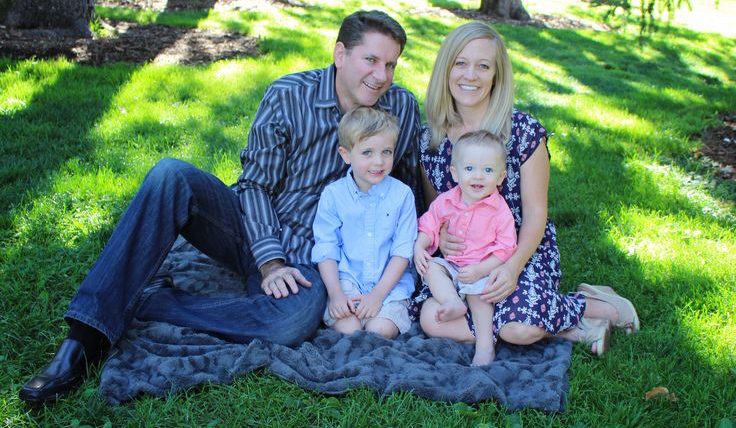Getting Back To Ourselves
Getting Back To Ourselves
Published on Saturday, March 18th, 2004
“Turn away from the world this year and begin to listen. Listen to the whispers of your heart. Look within. Your silent companion has lit lanterns of love to illuminate the path to Wholeness. At long last, the journey you were destined to take has begun. ” Sarah Ban Breathnach.
Getting Back To Ourselves
Are you great on delivering on your word when it’s someone else counting on you but when no one else is looking or listening you renege on yourself with heartbreaking ruthlessness? You do it for your kids, but excuse yourself at the last minute from that energizing workout you promised yourself because something else or someone else ( usually family member) is more important.
Promises predict our future better than anything else could Our promises decide for us how we will spend invest, or squander our life’s currency, which is our time, creative energy and our emotions.
Ban Breathnach (above) in her book the Simple Abundance Companion suggests there are two types of promises, Outer and Inner Promises.
Outer promises being those we make to the world, family, friends, church, business. Outer promises are often unconscious, we make them on auto pilot not even really hearing or thinking about what we have promised to. Remember the absent minded nod. When your defenses are down don’t promise anything more than “maybe”. Outer promises she says are often peacemakers, keeping the kids quiet, or our partner quiet. These types of promises are deceptive and disruptive. If we follow thru on promises we dread, everyone pays the price of it..
Inner promises are those we make to our minds, bodies and spirits. Writing is a promise I made to myself for years and only recently picked it up? Yours may be exercising, taking a trip alone, going to a yoga class, or buying that new sports car. Promises to ourselves are usually pleasurable and bring us joy, yet we rarely follow through with ourselves. Why! Breathnach says that we don’t think promises to ourselves really count. We don’t want to be perceived as self-centred and we think that if we break a promise to ourselves there are no repercussions, since no one else is keeping track.. no accountability.
She suggests that inner promises are wrapped up in authentic needs and are genuine “wants” while outer promises are often wrapped up in “should”. Breathnach suggests we become conscious of our promise making patterns. Can you remember that last 5 or 6 promises that you made? Well, there you go! So we need to become conscious first in order to make changes.
So could you resurrect a list of long overdue promises to yourself and see which ones you can make good on this year.
Breathnach suggests that a promise is a sacred prayer. Are we not worthy of our word?

